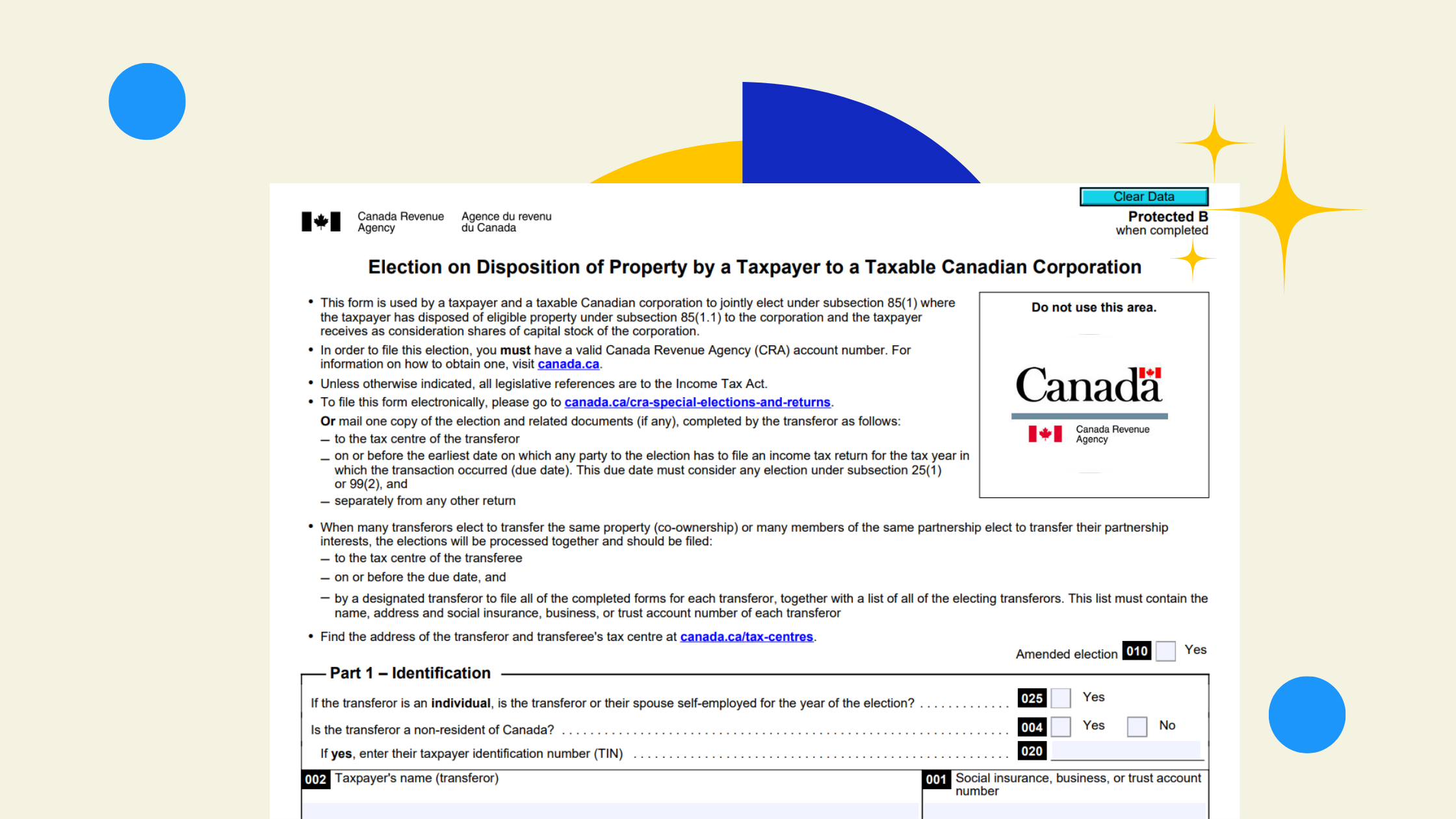If you're a business owner in Canada, you've probably heard people talking about "writing off" expenses and trying to maximize them at the end of the year. But here's the truth: smart business owners don't wait until the end of the year to go on a deduction scavenger hunt. Instead, they plan ahead and use deductions strategically to accurately reflect their business income.
Let's break down what you can actually write off and how to approach deductions in a way that will help grow your business.
The Proactive Approach to Deductions
First things first: forget the idea of deductions as a way to game the system. Instead, think of them as a tool to accurately represent your business income. A good accountant won't just help you find deductions at the end of the year; they'll want to meet with you at the beginning of the year to plan properly.
So, instead of asking "What can I write off now that I've spent it?", try asking "What do I anticipate spending, and what can I deduct to ensure my business income is accurate?"
This proactive approach will get you much further than a last-minute scramble for receipts.
What Can You Actually Deduct?
Now, let's talk about what you can legitimately deduct. Remember, these deductions are meant to reflect real business expenses, not personal costs Keeping a list like this in your back pocket can help you make more informed decisions way ahead of tax season.
Operating Expenses
- Advertising and Marketing:
- Advertising fees for radio, TV, and newspapers
- Digital advertising costs
- Website domain registration and hosting
- Business cards, flyers, and signage
- Office Expenses:
- Office supplies (pens, paper, stationery)
- Postage and shipping costs
- Telephone and internet services
- Professional Fees:
- Accounting and bookkeeping fees
- Legal fees
- Consulting fees
- Rent and Utilities:
- Rent for commercial space
- Utilities like heat, electricity, and water
Employee-Related Expenses
- Salaries and Benefits:
- Gross salaries paid to employees
- Canada Pension Plan (CPP) and Employment Insurance (EI) premiums
- Independent Contractors:
- Fees paid to freelancers or contractors for business-related work
Travel and Vehicle Expenses
- Business Travel:
- Transportation costs (flights, taxis, etc.)
- Hotel accommodations
- 50% of meal and entertainment expenses while traveling
- Vehicle Expenses:
- Fuel and oil costs
- Insurance and maintenance
- License and registration fees
- Leasing costs (if applicable)
Home Office Deductions
If you work from home, you may be able to deduct a portion of your home-related expenses:
- Rent or mortgage interest
- Property taxes
- Utilities
- Insurance
- Maintenance and repairs
The key here is to calculate the percentage of your home used for business and apply that to these expenses.
Other Deductible Expenses
- Insurance: Business-related insurance premiums
- Start-up Costs: Expenses incurred to launch your business, including equipment and supplies
- Capital Cost Allowance (CCA): Deduction for the depreciation of capital assets over time
- Bad Debts: Uncollectible accounts receivable previously reported as income
Planning for Growth and Deductions
Now that you know what you can deduct, how do you use this information strategically? Here's a step-by-step approach:
- Make a Budget: Based on your business plans, create a budget that includes all potential deductible expenses.
- Meet with Your Accountant Early: Discuss your plans and budget with your accountant at the beginning of the year. They can help you understand how these expenses will impact your taxes.
- Keep Detailed Records: Set up a system to track all your expenses throughout the year. This could be as simple as a spreadsheet or as complex as accounting software.
- Review Regularly: Don't wait until the end of the year. Review your expenses and potential deductions quarterly to stay on track.
- Adjust as Needed: If your business circumstances change, adjust your plan. Maybe you need to travel more than anticipated or hire a contractor. Understanding the tax implications can help you make informed decisions.
The Bottom Line
Remember, the goal of deductions isn't to pay zero taxes. It's to accurately reflect your business income. By planning ahead and understanding what you can legitimately deduct, you're setting your business up for sustainable growth.
Don't fall into the trap of making business decisions solely based on tax deductions. Instead, make smart business decisions, and use your knowledge of deductions to accurately report your income and reinvest in your business's growth.
Lastly, while this guide provides a good starting point, tax laws can be complex and change over time. It's always a good idea to consult with a tax professional to ensure you're maximizing your deductions while staying compliant with CRA regulations.
By taking a proactive, strategic approach to deductions, you're not just saving money on taxes – you're building a stronger, more financially sound business.
To learn more about 20 Essential Documents for Taxes, check it here.
.png)


.png)

